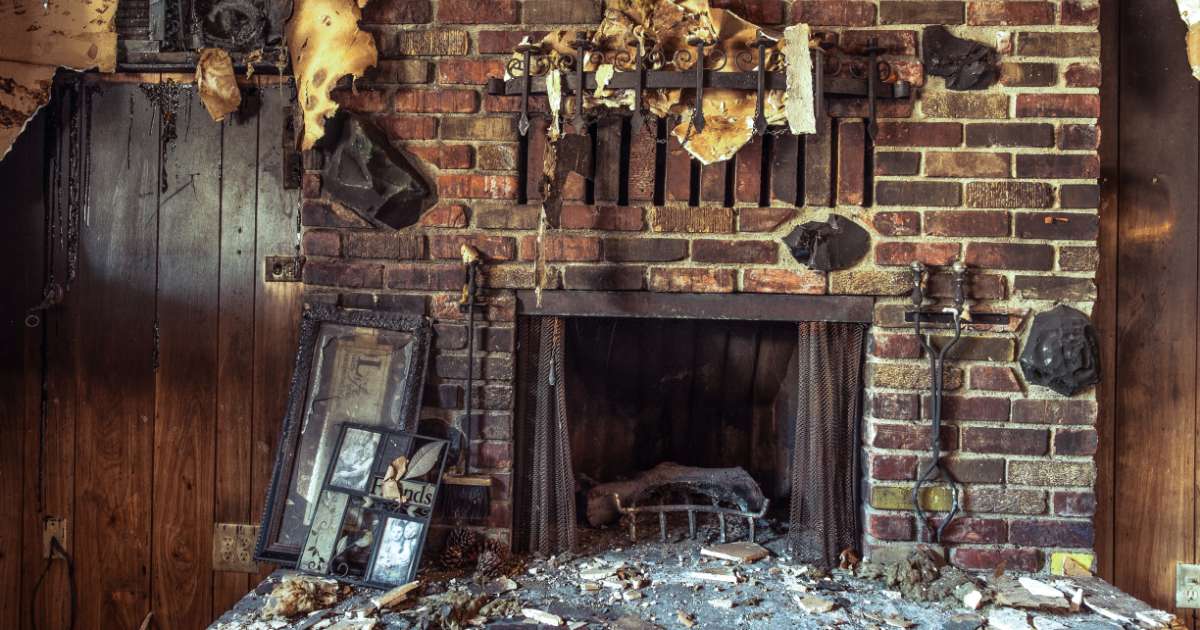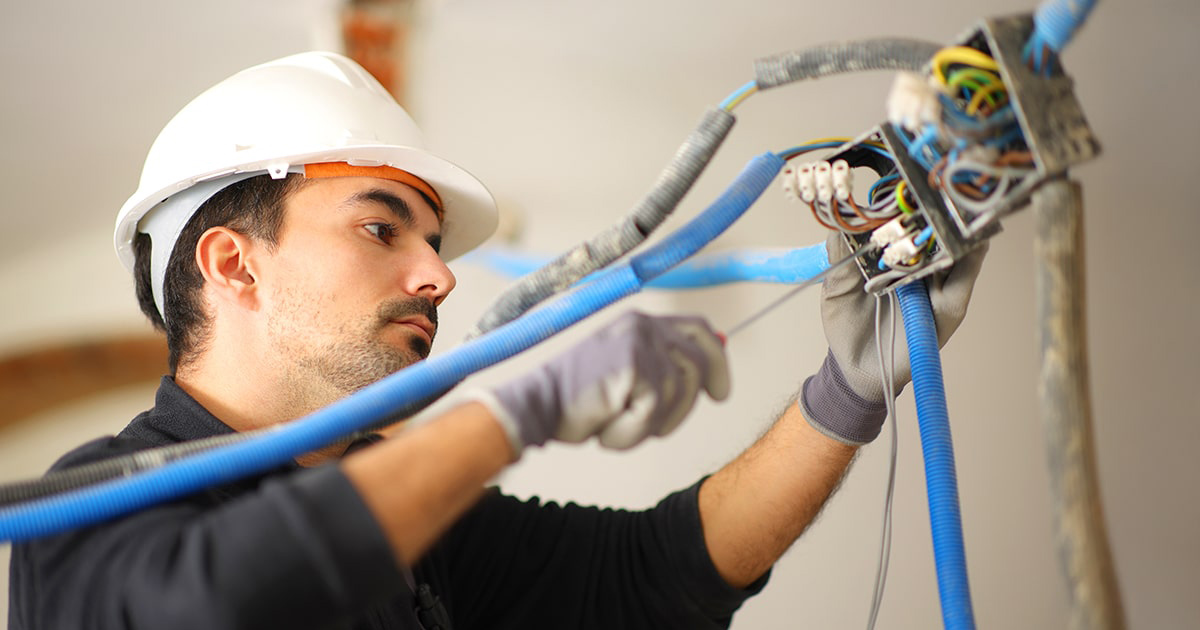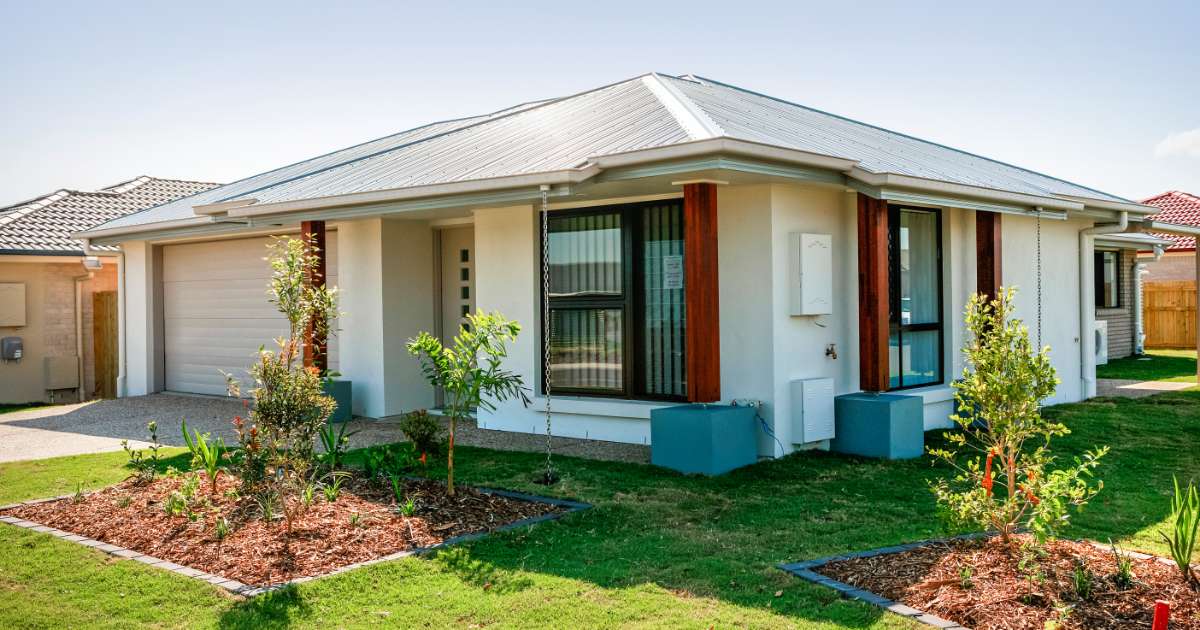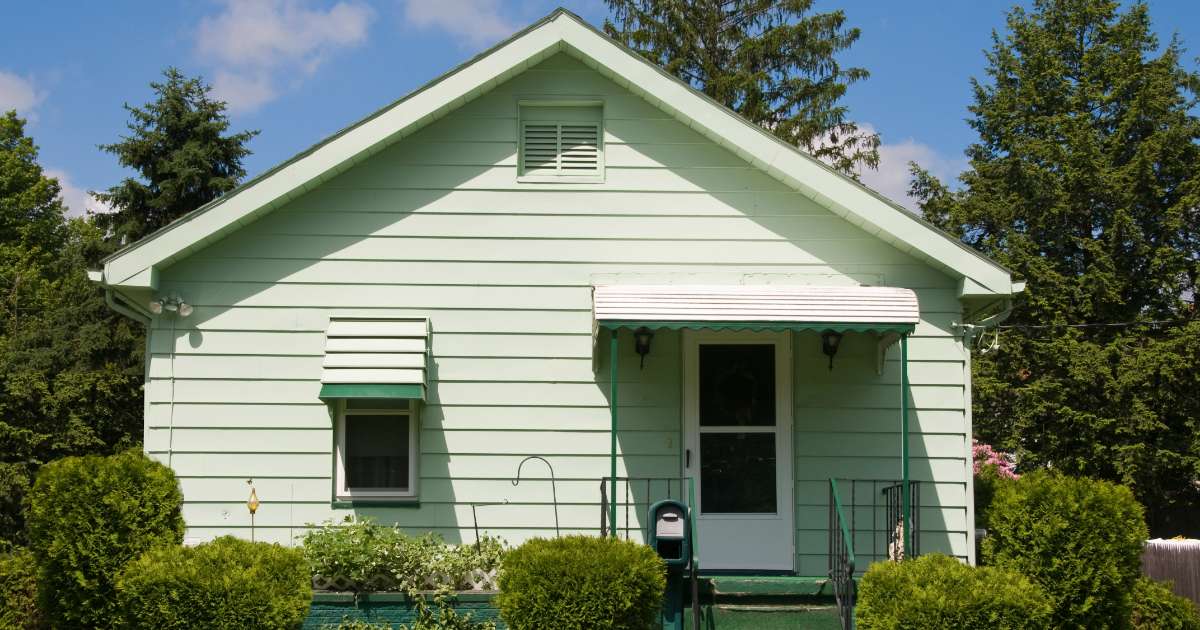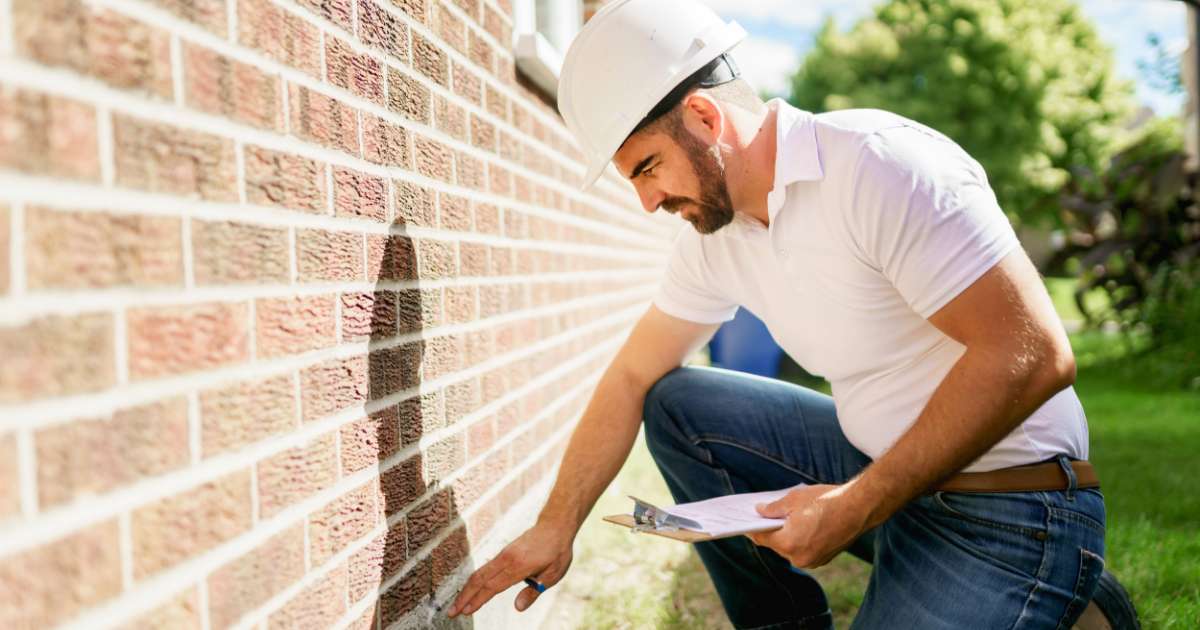Selling a house with unpermitted work can diminish your house’s value, raise legal red flags, and make buyers cautious. Even so, you can achieve a successful sale with the right approach.
In this guide, we’ll explain unpermitted work, how it can affect your sale, and what steps you can take to address it. Whether you fix the issues or sell “as is,” there are ways to move forward.
What is unpermitted work?
Unpermitted work involves skipping essential permits for home improvements. Some examples of work that typically require permits includes:
- Constructing privacy fences
- Adding skylights or dormer windows
- Replacing major systems like electrical and plumbing
- Installing a swimming pool
Failing to obtain permits can result in:
- Safety hazards: Construction issues like faulty staircases or improperly installed smoke detectors can be hazardous to home occupants.
- Municipal fines: Phoenix-area homeowners can face fines for unpermitted work.
- Insurance and financing issues: Insurers and financing companies often treat unpermitted work as a risk. They may refuse to grant buyer loans and/or homeowners insurance coverage.
Addressing unpermitted work before listing ensures smoother sales and fewer legal or financial headaches.
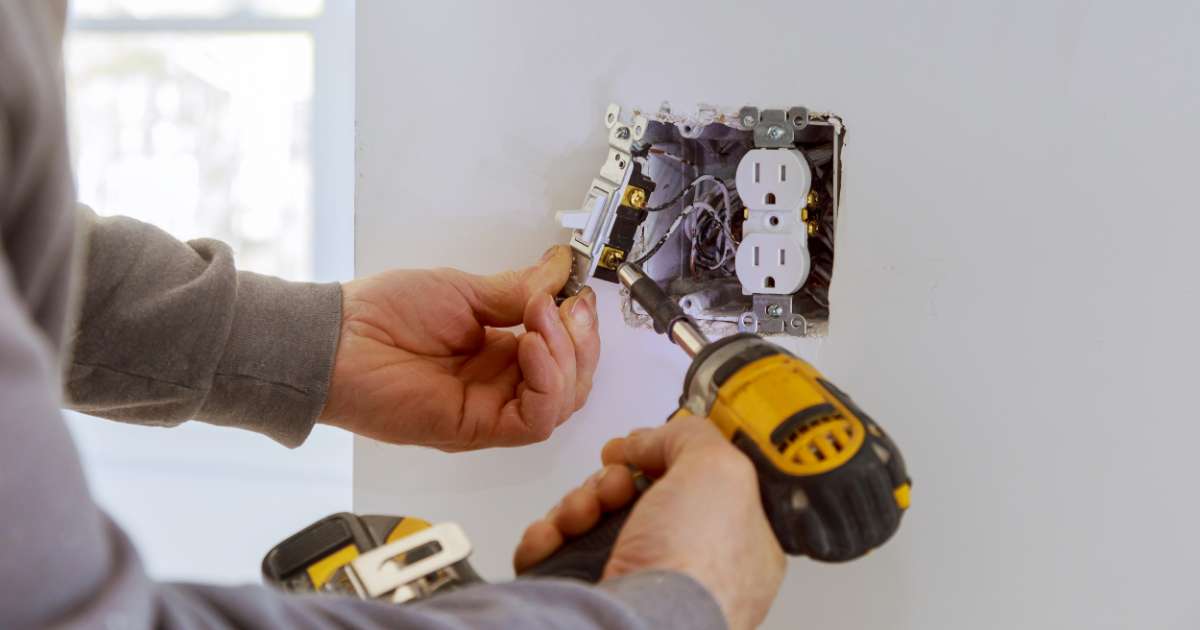
Understanding code violations
The City of Phoenix makes building code information available online, as do nearby cities such as Chandler, Glendale, and Mesa.
The majority of local building codes are based on model codes, such as the International Building Code, the International Plumbing Code, and the National Electrical Code. These codes are typically modified by local ordinances.
Changes to building codes can present complications for some home sellers. Many houses built between the late 1970s and early 1990s have Poly-B plumbing pipes. Poly-B has a tendency to break down and is no longer up to code. If you have a house where these pipes are still in place, you may need to have them replaced before selling.
Homeowners associations (HOAs) can also set enforceable rules for Arizona property owners. When selling, it is wise to make sure your house follows HOA guidelines, just like with city codes.
Common unpermitted work and code violations
Skipping permits for big projects in Phoenix can be risky, particularly when you sell. Potential violations include:
- A garage apartment with unpermitted plumbing and electrical systems
- Roof replacements that don’t meet local building codes
- Sheds or fences that violate property lines
- Changes to windows that violate historical preservation rules
Is it legal to sell a house with unpermitted work?
Arizona law allows you to sell your house with unpermitted work, on the condition that you inform the buyer. Failure to disclose can set you up for legal penalties, so make sure to let any potential buyers know about unpermitted work on your property.
How unpermitted work can affect your home sale
Unpermitted work often makes properties less appealing to buyers, creating future resale complications and issues during inspections.
Unpermitted work can also affect homeowners insurance. If you add an upstairs bathroom without permits, and a pipe bursts, your insurance company may have cause to deny your claim. Unpermitted work can also lead to having your policy cancelled.
What are your options if you’re selling a house with unpermitted work?
You have a few options when selling a house with unpermitted work:
- Fix and permit the work: The most direct route is to address the unpermitted work and obtain proper permits. Small fixes, like replacing a non-compliant light fixture, might be relatively easy, but resolving larger issues, such as a garage apartment conversion with unpermitted wiring and plumbing, could take more effort.
- Seek retroactive approval: If the work was done correctly but not permitted, retroactive permits can be sought. An inspector will review and decide whether updates are needed.
- Sell “as is”: You can choose to sell without fixing the unpermitted work. Disclosure is essential, but with proper marketing or by selling to an off-market buyer in Phoenix, you may still secure a sale, albeit for a lower price.
- Credit the buyer: Providing a credit at closing lets the buyer resolve the unpermitted work, saving you from managing the project.
Common mistakes when selling a house with unpermitted work
Here are some common approaches to avoid when selling “as is” with unpermitted work:
- Failing to disclose known issues: Hiding unpermitted repairs and renovations puts you and your buyer at risk.
- Making unpermitted updates while your house is on the market: When getting your house ready for the market, make sure that you don’t add to the problem with more unpermitted work.
- Underestimating repair or permit costs: Resolving unpermitted work can be expensive. Budget accordingly.
- Trying to do everything alone: Trusted contractors, Phoenix-area real estate agents, and other experts might have valuable insights on what to fix and what to skip.
We Buy Ugly Houses® buys properties with unpermitted work.
If your best move is selling “as is” and you’re looking for a fast, no-hassle home sale, give We Buy Ugly Houses® a shout. We buy houses in Phoenix and surrounding areas, and we consider houses with major and minor code violations.
Before you spend money on contractors and retroactive permits, let us take a look!
This blog is for informational purposes only and should not be considered legal advice.

